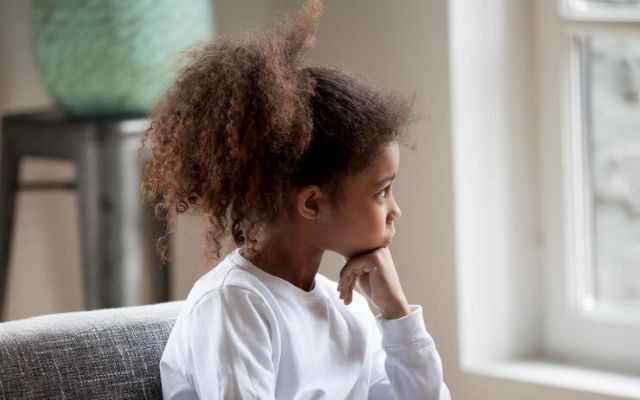On the outside, having a polite, kind, well-behaved child can feel like hitting the parenting jackpot. But when your kid is constantly worried about disappointing others, avoids conflict like the plague, or can’t stop apologizing, even when they’ve done nothing wrong, it may be more than just being “sweet.” It might be people-pleasing.

And while being kind is always a good thing, losing yourself in the process? Not so much.
“People-pleasing can really mess with their confidence,” licensed family therapist Nina Westbrook said in a recent interview with Parents. “It also makes it harder for them to say ‘no’ or stand up for themselves as they get older. If this pattern continues, it can lead to things like anxiety, burnout, or struggles with relationships down the road.”

Westbrook explains that kids who get stuck in the people-pleasing trap often learn to base their worth on how happy they make others while silencing their own needs in the process. It’s a habit that can be hard to break, especially if it’s tied to their self-esteem.
Dr. Gregory Laino adds that these behaviors are often rooted in insecurity and a deep need for external validation. “They may feel a need to please others to receive the validation that affirms their self-esteem,” he told the outlet.

According to Dr. Laino, here are some telltale signs your child may be stuck in people-pleasing mode:
- They frequently apologize, even when it’s not necessary.
- They often seek reassurance. For example, they might repeatedly say, “Is this okay?” “Did I do it right?” “Are you upset with me?” “Is everything okay?”
- They rarely say “no”—even when you know it’s something they don’t want to do or don’t like.
- They do things just to be liked by others, like pretending to enjoy music they secretly dislike.
- They avoid conflict.
- They struggle to set boundaries which causes them to take on more than they can handle because they fear disappointing the other person.
And while it might be tempting to chalk it all up to “being a good kid,” experts urge parents to look deeper.
“People pleasing can start when kids feel they need to be ‘good’ to be loved,” Westbrook explains. “They might think staying quiet or helpful keeps everyone happy.”
Sometimes, the behavior is shaped by high-pressure environments, unpredictable households, or even trauma. In homes where kids feel they have to be the emotional anchor, or the “peacekeeper”, they may learn to put everyone else first to avoid tension or conflict.
It’s not about changing your child’s sweet nature, it’s about helping them balance empathy with self-respect. Let them know it’s okay to speak up, set limits, and honor their own voice. Because being kind shouldn’t come at the cost of being whole.







